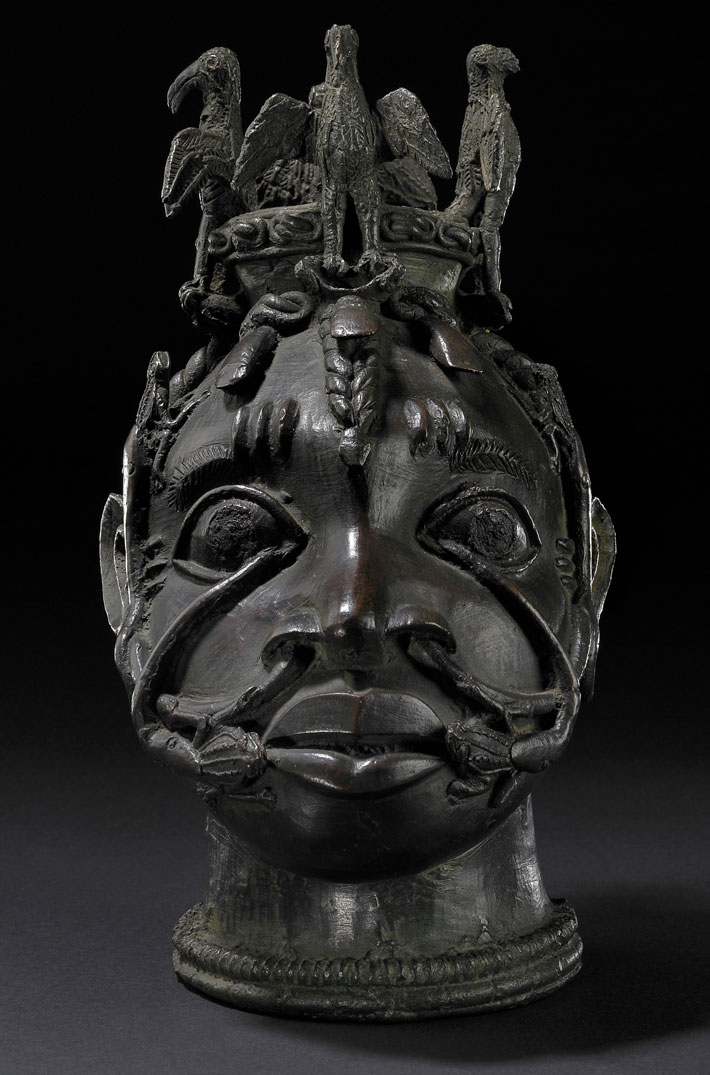SAN FRANCISCO, CALIFORNIA—According to a report in The Guardian, analysis of surviving Neanderthal DNA in the modern human genome by epidemiologist John Capra of the University of California, San Francisco, suggests that some Neanderthal genes may help some modern humans to rise earlier in the morning and go to bed earlier in the evening. After identifying gene variants related to circadian rhythms in Neanderthals and modern humans, Capra and his colleagues analyzed data from UK Biobank, which holds genetic, health, and lifestyle information for some 500,000 people. The study found that many of the people in the sample carried the Neanderthal variant, and reported that they woke up early. This trait may have helped modern humans adapt to life in areas with shorter periods of daylight as they migrated out of Africa, Capra said. “At higher latitudes it is beneficial to have a clock that is more flexible and better able to change to match the variable seasonal light levels,” he explained. Read the original scholarly article about this research in Genome Biology and Evolution. For more on Neanderthal gene variants in modern populations, go to "Painful Past."
Earlier Risers May Carry Neanderthal Gene Variant
News December 18, 2023
Recommended Articles
Top 10 Discoveries of the Decade January/February 2021
Neanderthal Genome
Vindija Cave, Croatia, 2010
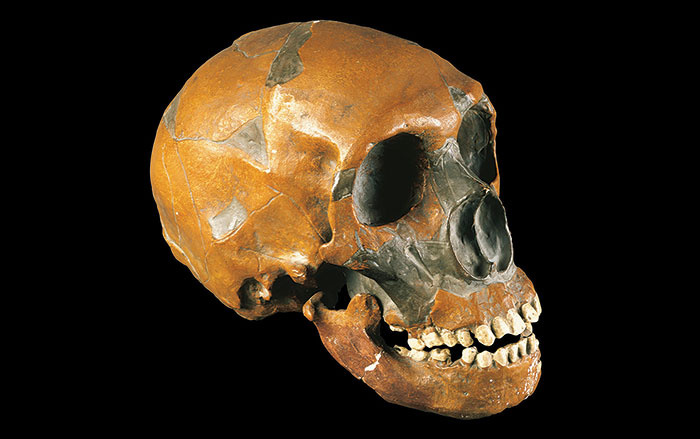
Digs & Discoveries November/December 2020
Painful Past
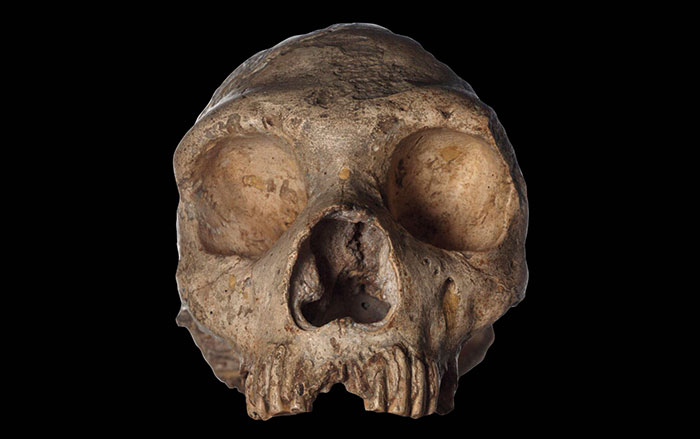
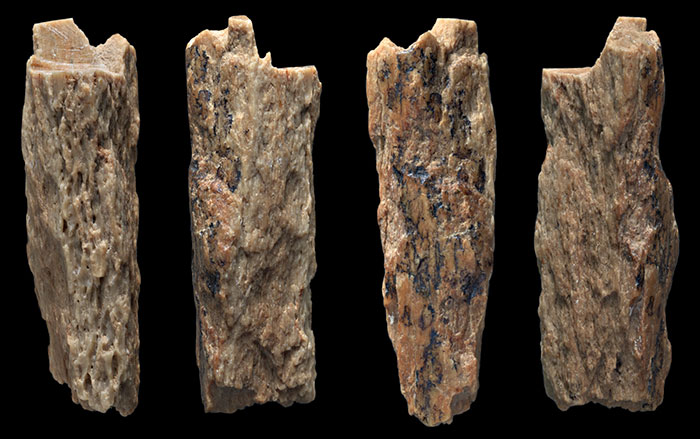
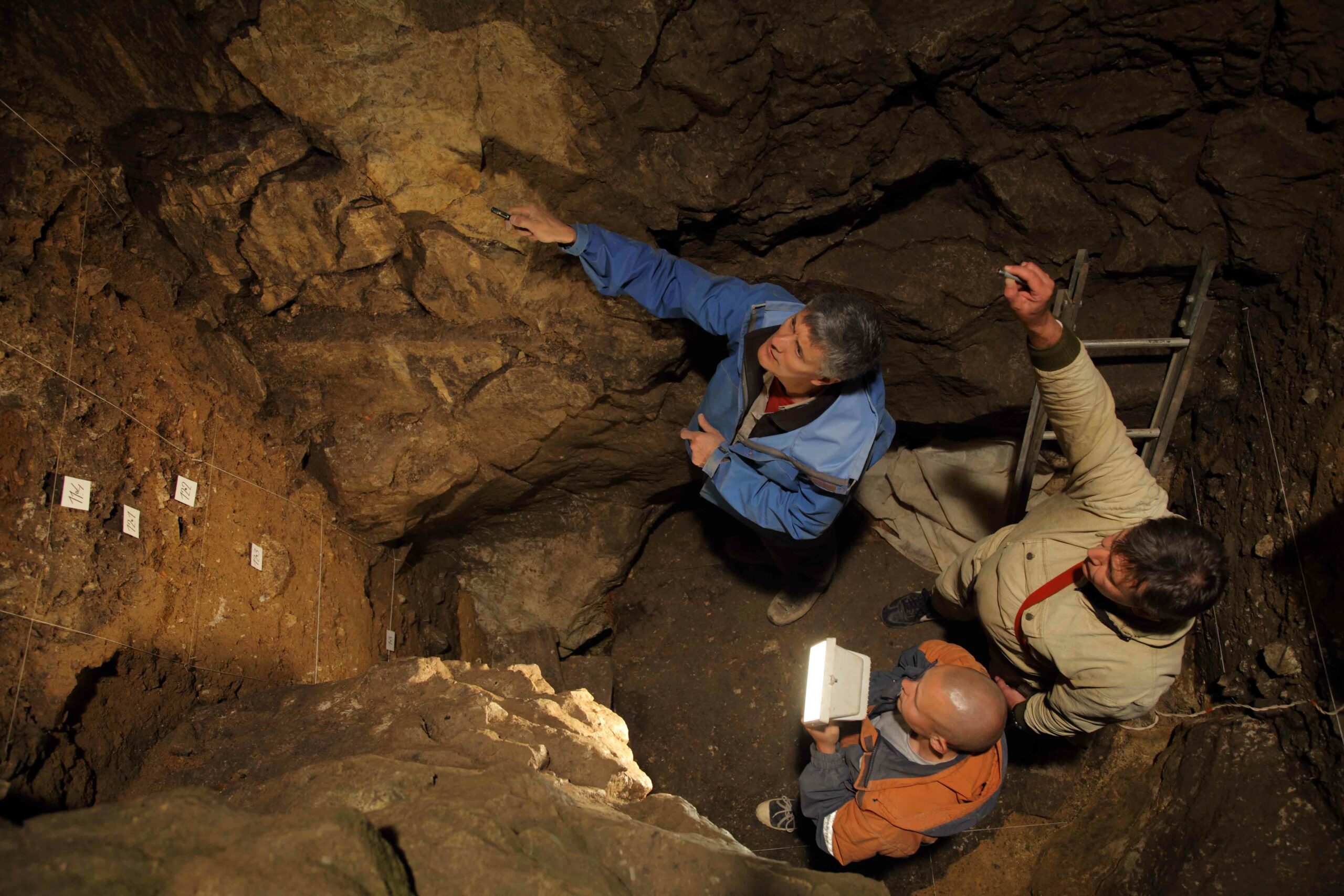
-
Features November/December 2023
Assyrian Women of Letters
4,000-year-old cuneiform tablets illuminate the personal lives of Mesopotamian businesswomen
 (Attraction Art/Adobe Stock)
(Attraction Art/Adobe Stock) -
Letter from El Salvador November/December 2023
Uneasy Allies
Archaeologists discover a long-forgotten capital where Indigenous peoples and Spanish colonists arrived at a fraught coexistence
 (Courtesy Roger Atwood)
(Courtesy Roger Atwood) -
Artifacts November/December 2023
Sculpture of a Fist
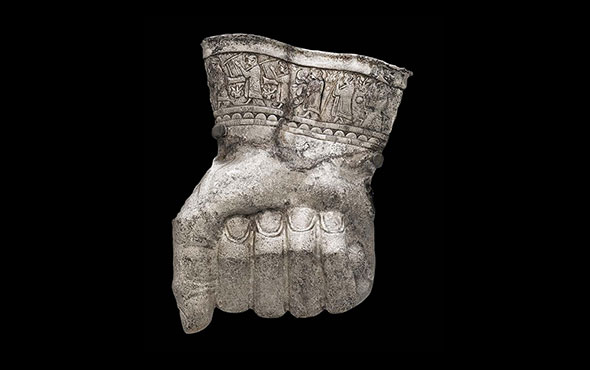 (Museum of Fine Arts, Boston/Bridgeman Art Library)
(Museum of Fine Arts, Boston/Bridgeman Art Library) -
Digs & Discoveries November/December 2023
The Benin Bronzes’ Secret Ingredient
